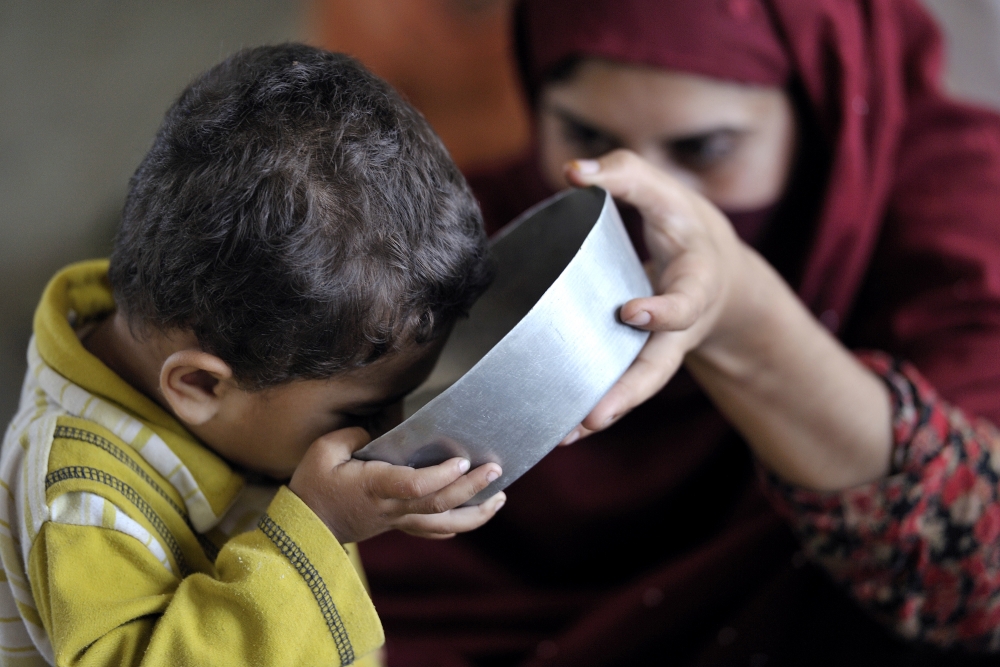1 in 3 people still do not have adequate sanitation

The UN high-level political forum (HLPF) is held annually to focus on different and effective goals. This year, the forum aims to accelerate progress towards clean water and decent toilets for each person by 2030: Sustainable Development Goal 6.
Ahead of the Forum WaterAid has used United Nations data to asses each country’s progress towards achieving SDG 6.
Across the world 844 million people do not have access to clean water close to their home, that’s 1 in 9 people. Similarly, 2.3 billion, or 1 in 3, people do not have adequate sanitation facilities and 900 million people are forced to defecate in the open.
Alarmingly, WaterAid found that countries around the world are collectively 5,000 years off track for achieving clean water for all, and 11,000 off track for decent toilets.
Increasing levels of water scarcity is contributing to the crisis, by 2030 a significant number of people in 80 countries will still be drinking hazardous water and people in 107 countries will still lack access to a decent toilet.
WaterAid have reported that the countries that will take the longest to achieve basic water and sanitation for all are: Djibouti, Vanuatu, Bulgaria, Equatorial Guinea and Congo.
If current trends continue Djibouti is not expected to achieve water for all until 2182 and sanitation for all until 3828.
WaterAid warn that the situation is likely to worsen as 1.2 billion people live in an area of water scarcity where demand cannot, or will not, meet supply. In countries such as Chad, Kenya, Papua New Guinea, Myanmar and Nigeria access to water and sanitation is declining.
Dirty water and poor sanitation is a serious threat for child and maternal health with a new-born baby dying every minute due to this. Similarly, a child dies every 2 minutes due to diarrhea caused by dirty water and poor sanitation.
In addition to impacting their health, poor sanitation and dirty water has a serious effect on children’s education. Approximately 443 million school days are missed because of water-related illness. This figure is worse for girls who are often forced to miss school every month due to periods.
In Sri Lanka, Bangladesh, and Pakistan one in three girls miss school each month due to inadequate toilets.
Economic development is also held back when people do not have access to clean water and adequate sanitation. For example, in 2015 poor sanitation costs the world over $200 billion.
In view of this worsening situation, WaterAid has called for a strategic shift in water and sanitation financing advocating investment in policies, institutions, regulations and people to sustain and improve current services.
Join us for the 10th Anniversary AIDF Global Summit in Washington D.C, USA on 5-6 September 2018 to discuss global challenges such as water and sanitation.
If you’d like to stay informed on the latest updates in aid and development, please sign up for the AIDF newsletter.
Image credit: UN














